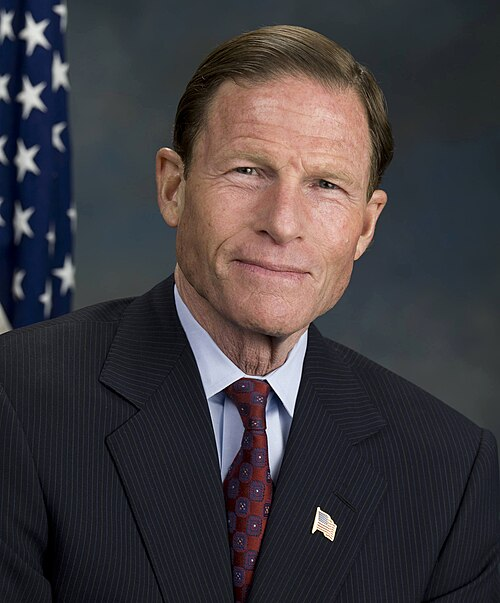S. 2781: Protecting Consumers from Unreasonable Credit Rates Act of 2025
This bill, titled the Protecting Consumers from Unreasonable Credit Rates Act of 2025, aims to establish a national maximum interest rate for consumer credit transactions. Here is a summary of its key components:
Purpose
The main goal of the bill is to protect consumers from high-cost lending by setting a national cap on interest rates and fees that creditors can charge. This is intended to prevent predatory lending practices that exploit vulnerable borrowers.
Key Provisions
- National Maximum Interest Rate: Creditors will not be allowed to extend credit at an effective interest rate exceeding 36% annually, which encompasses all fees and charges related to the credit.
- Definition of Fees and Charges: The bill specifies how to calculate these fees, which includes various costs such as annual fees, late fees, and other associated charges that can increase the total cost of borrowing.
- Adjustments for Inflation: The Bureau of Consumer Financial Protection will have the authority to adjust the maximum and applicable fees for inflation while ensuring consumer protection remains paramount.
- Transparency Requirements: Creditors will be required to clearly disclose the total fees and interest rates in a standardized format, helping consumers understand the cost of borrowing.
- Provisions Against Evasion: The bill includes measures to prevent creditors from circumventing the 36% cap, ensuring that all fees associated with credit arrangements are accounted for in this calculation.
- State Laws: States will retain the ability to impose stricter regulations or lower caps on interest rates, ensuring that consumers have access to stronger protections.
- Enforcement and Penalties: The bill establishes severe penalties for violations, including potential imprisonment and fines for lenders who do not comply with the new regulations. Violations would also allow consumers to reclaim any money paid under invalid agreements.
- Attorney General Enforcement: State attorneys general will have the authority to enforce this law and seek damages on behalf of consumers.
Consumer Protection Goals
The legislation highlights the need for a protective framework against various high-cost lending scenarios that have persisted despite existing laws. It aims to curb growing costs associated with payday loans, car title loans, and other forms of predatory lending that disproportionately affect consumers in financial distress.
Impact Scope
The bill's provisions apply to all creditors extending consumer credit, thereby covering a vast array of lending products across the United States. It seeks to create a more equitable lending environment, particularly for low-income and cash-strapped individuals.
Exceptions and Tolerances
The bill outlines specific tolerances regarding fees for certain credit products, particularly those structured with longer repayment terms and installment plans. These tolerances will be carefully regulated to ensure compliance with the overall 36% cap.
Calculation Methods
Different calculation methods for interest rates will apply depending on the type of credit (e.g., open-end versus closed-end), aiming to provide clarity and consistency in how costs are presented to consumers.
Relevant Companies
- CFC: Companies in the consumer financing space may face significant operational changes to comply with the new usury cap, affecting their business models and profit margins.
- FCF: Financial institutions like banks and credit unions offering short-term loans could see reduced revenues due to capped interest rates.
- ALLY: Companies providing auto loans may need to adjust their lending structures to comply with the new regulations.
This is an AI-generated summary of the bill text. There may be mistakes.
Sponsors
3 bill sponsors
Actions
2 actions
| Date | Action |
|---|---|
| Sep. 11, 2025 | Introduced in Senate |
| Sep. 11, 2025 | Read twice and referred to the Committee on Banking, Housing, and Urban Affairs. (text: CR S6577) |
Corporate Lobbying
0 companies lobbying
None found.
* Note that there can be significant delays in lobbying disclosures, and our data may be incomplete.




